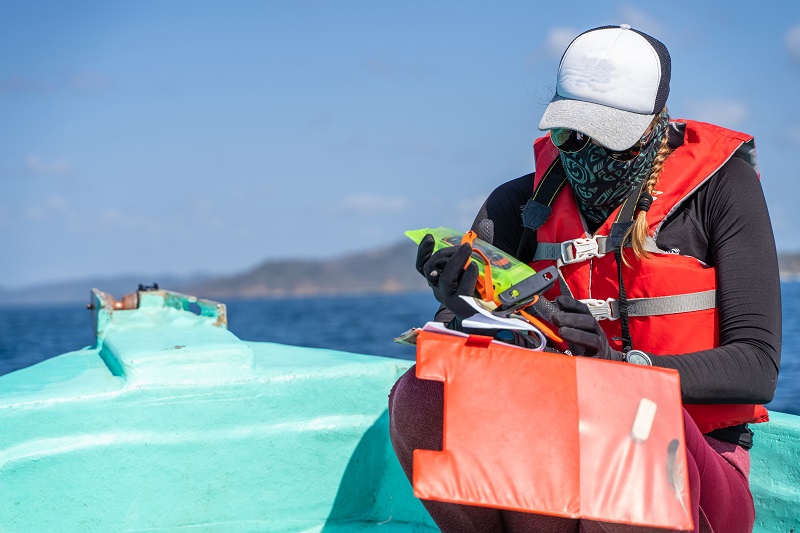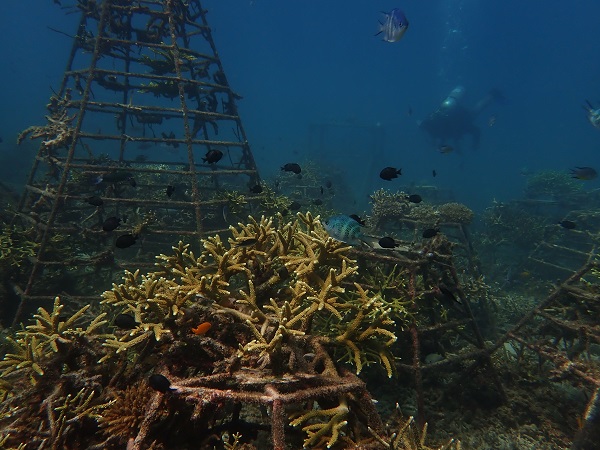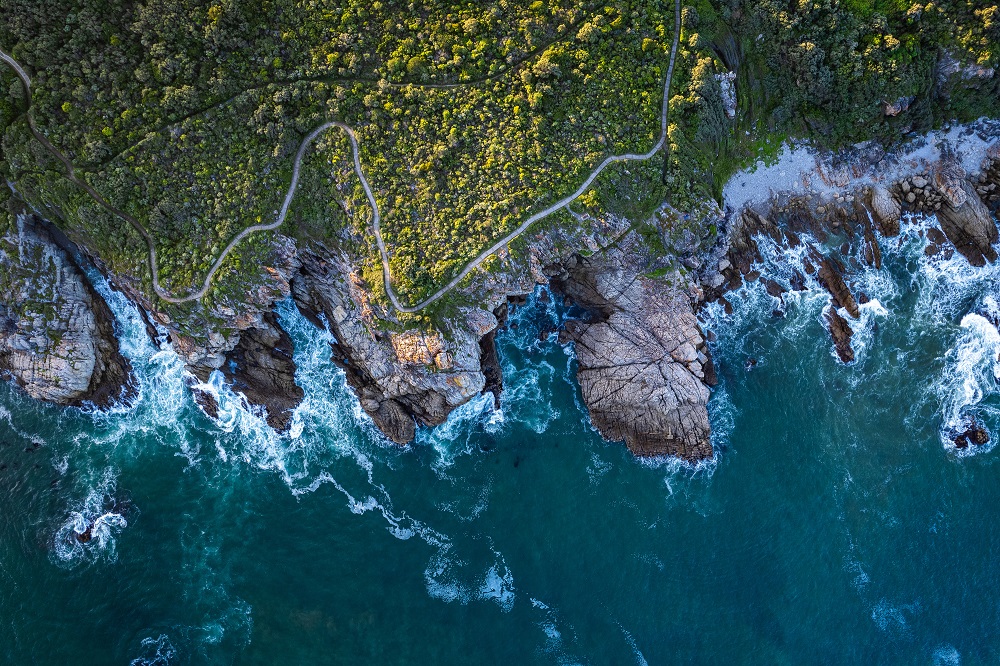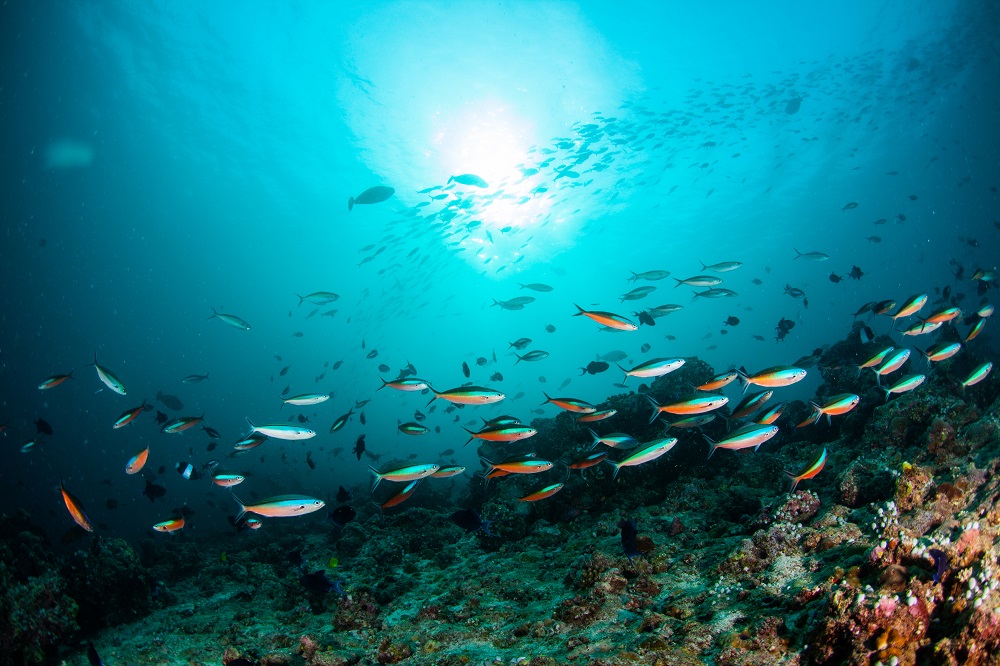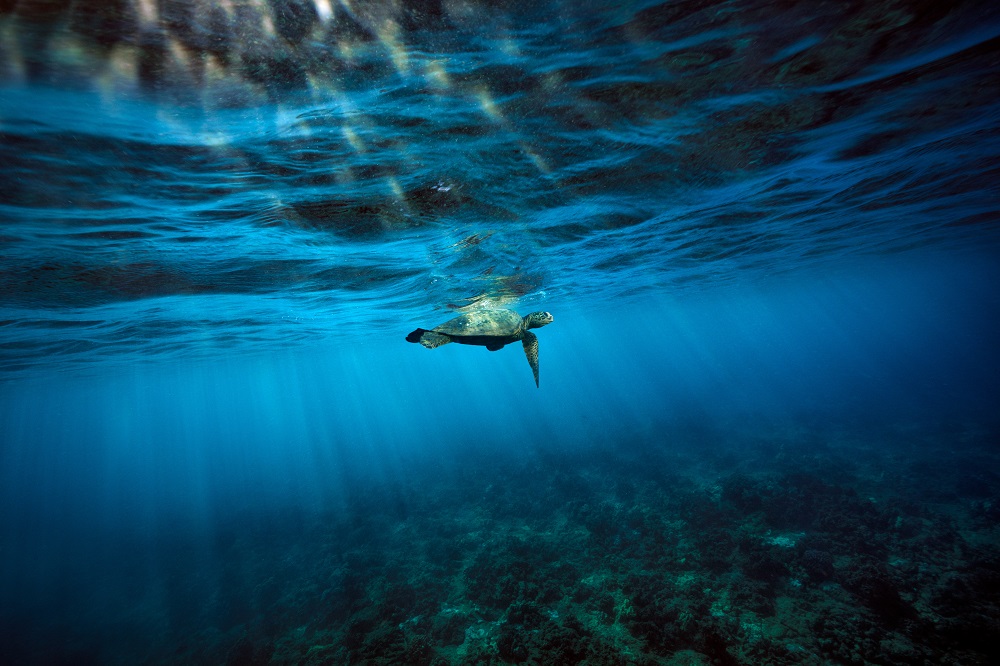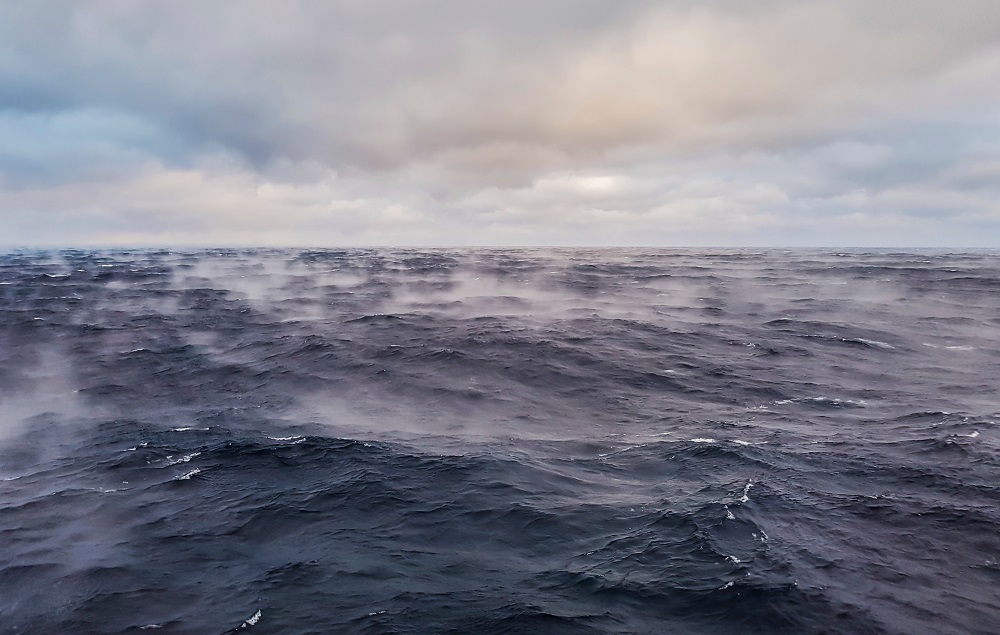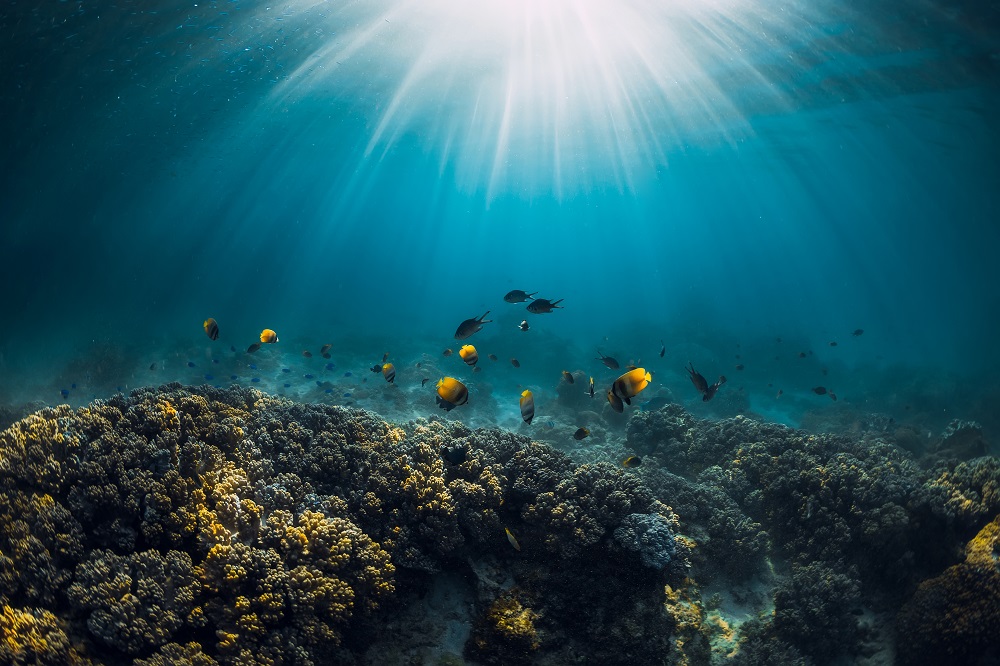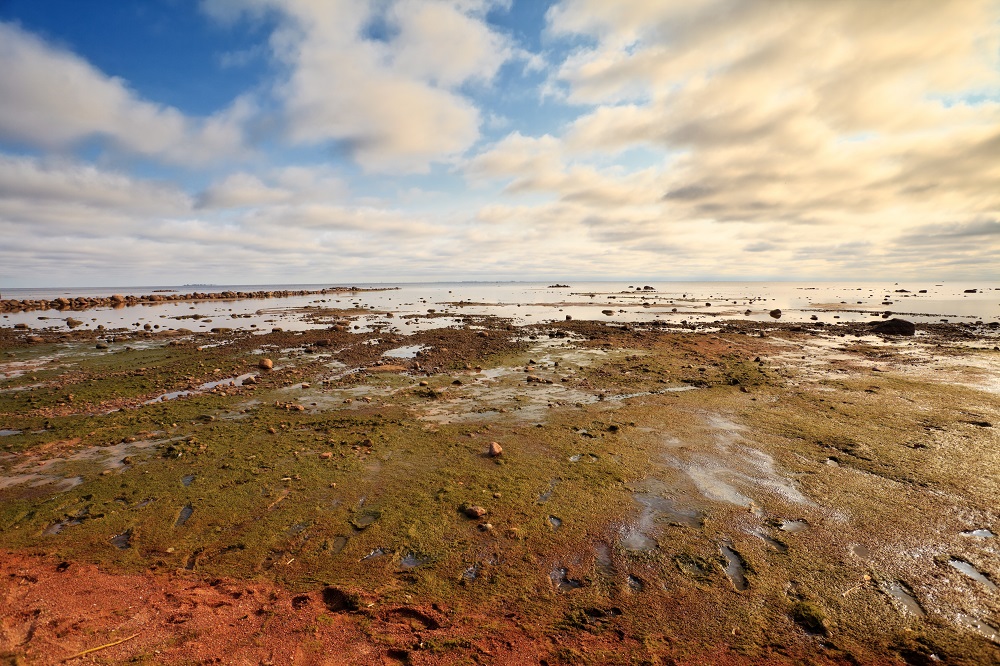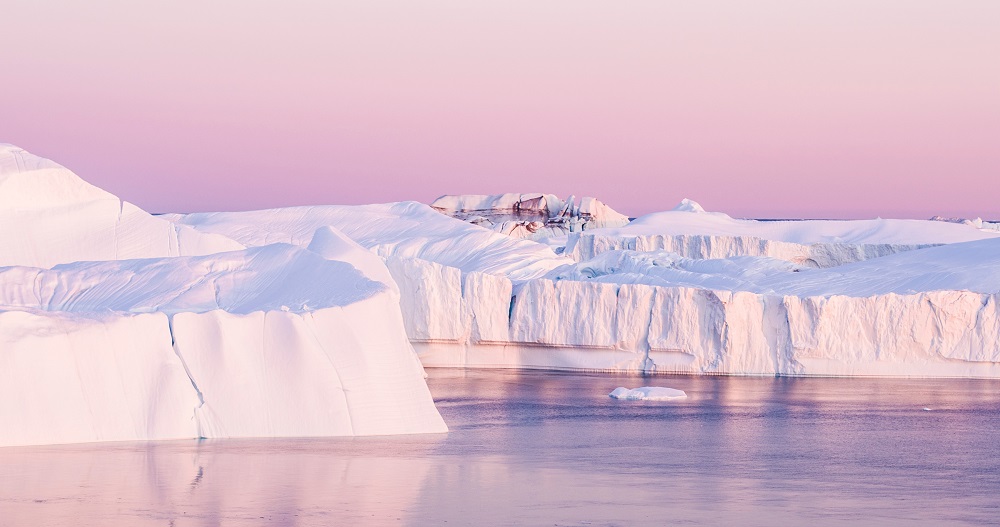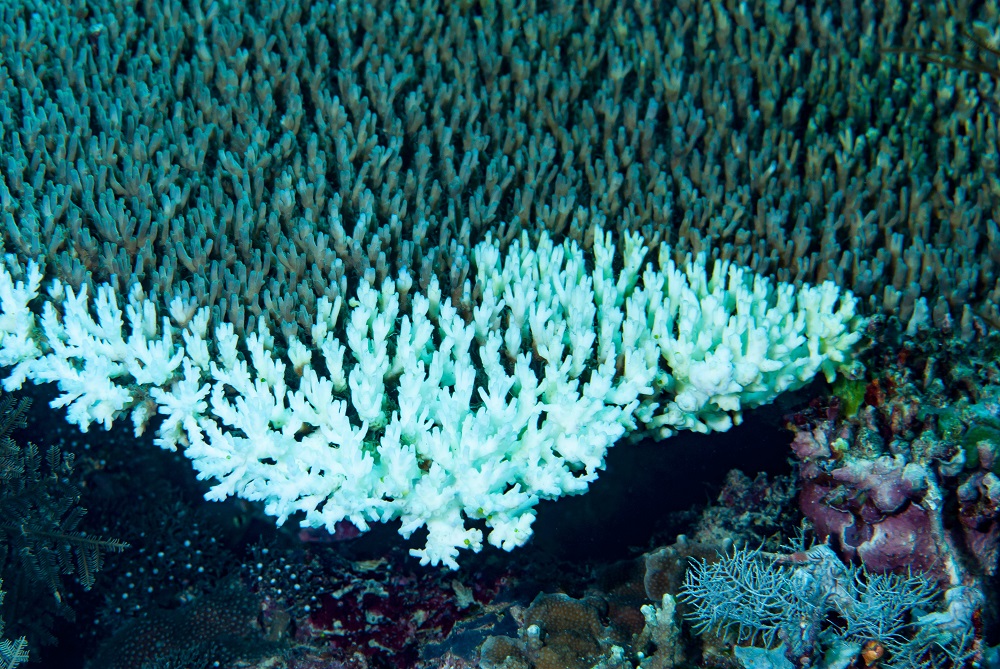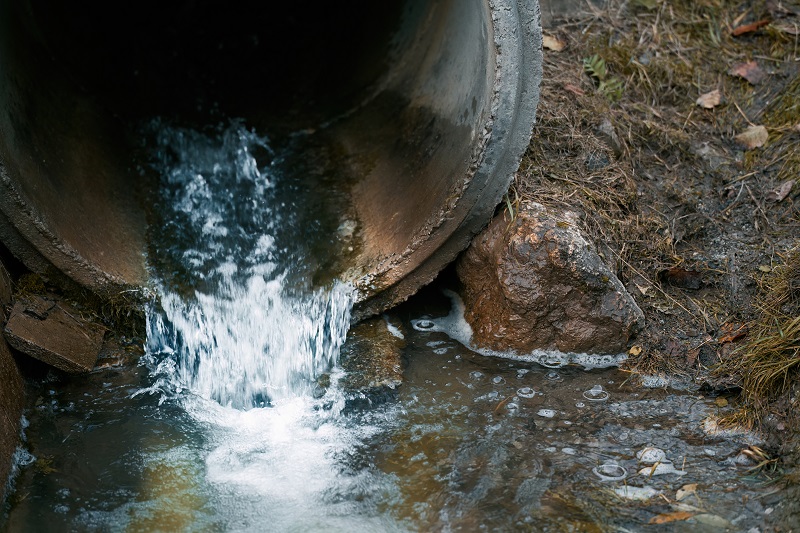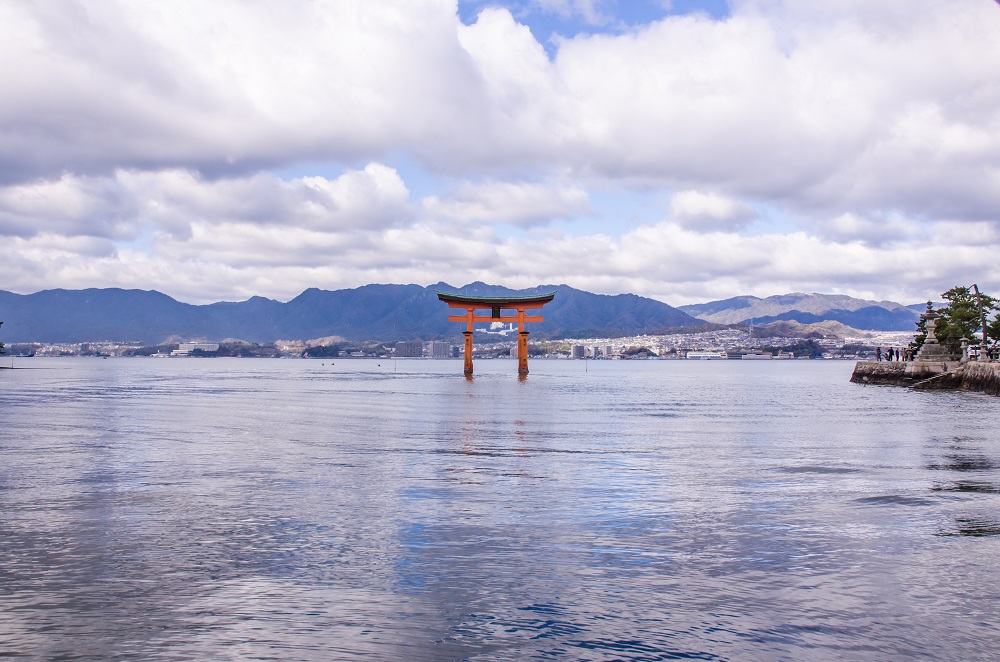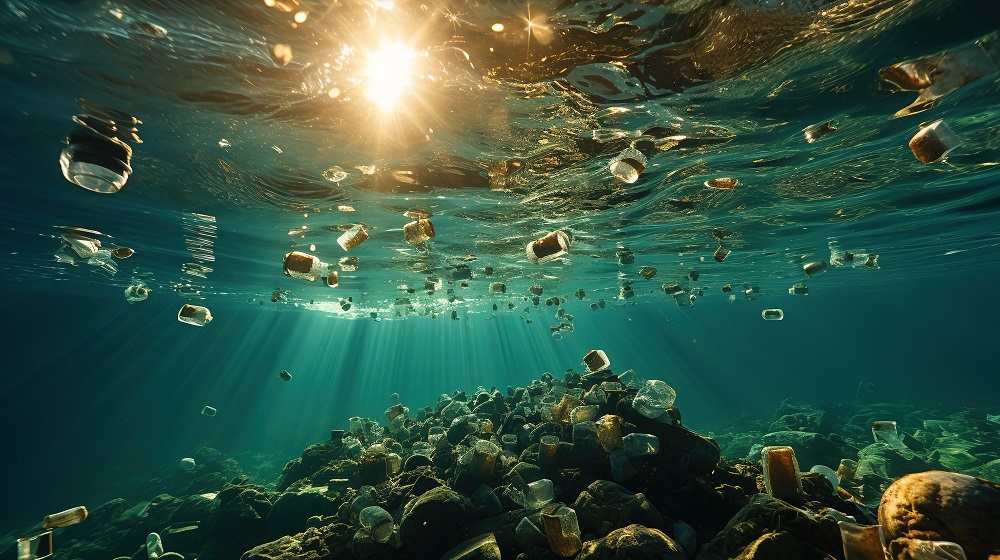This Q&A features Professor Mitsutaku Makino, Professor in the Atmosphere and Ocean Research Institute at the University of Tokyo, who spoke to Back to Blue about the priorities for communicating scientific research with the policy community, and what attitudes are driving ocean health initiatives in Japan.
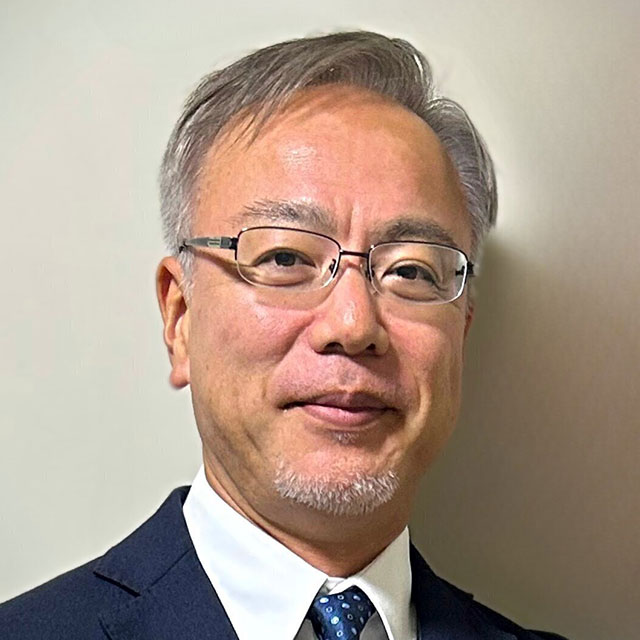
Mitsutaku Makino
Professor in the Atmosphere and Ocean Research Institute at the University of Tokyo
As a professor in the Atmosphere and Ocean Research Institute and head of the Makino Lab at the University of Tokyo, Professor Mitsutaku Makino is an expert voice on marine conservation and the interaction between science and policy. His work emphasises collaboration between scientists and diverse stakeholders through transdisciplinary research into the dynamics of natural processes and human use of the ocean.
Among all the recent developments in ocean health, which issue should be the priority?
As an ocean policy scientist, my biggest concern is the effects of climate change. It’s not only the impact on ocean ecosystems but also extreme weather events like heat waves, rough ocean conditions and typhoons, which negatively impact coastal communities and marine industries. Additionally, I’m deeply concerned about the declining international efforts to address climate change. With the new president in the US, many people worry that climate change issues won’t be a priority. In the previous Trump administration, the US withdrew from UNESCO, which is fundamental to international ocean science collaboration. They also stopped funding international collaborative research, which severely impacted our work. We’re worried this might happen again. These are my two main concerns.
To what extent do you think scientific research is getting through to the policy community in Japan?
In Japan, we are facing rapid environmental changes. The general public is experiencing more direct impacts from climate change, and they’re more conscious about the importance of policy intervention for both climate change mitigation and adaptation. There is general support for these policies, which is a good thing. People are feeling the effects every day through extreme weather, intense rainfall and drastic changes in fish catches. When Japanese people go to the supermarket, they notice changes in available fish species, which directly impacts our daily cuisine and seafood consumption. But the science-policy interface and science-society communications in Japan are still insufficient. We need to put much more effort into improving these connections. Policymakers and government officials are increasingly aware of the changes in ocean ecosystems and the impacts of climate change, and it’s getting more and more attention from society as a whole. I’m not quite sure if this will result in an increased budget for ocean science, but, for now, societal attention is increasing.
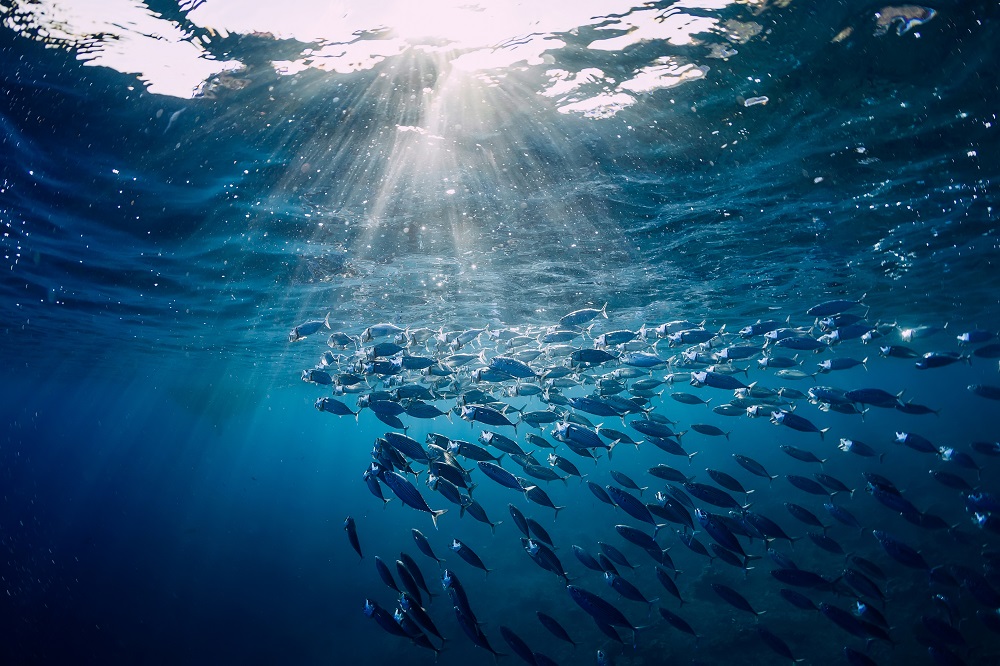
What is your priority for 2025 in your own work?
I think there are two key points. First, we need to establish a methodology to determine what percentage of ocean changes have anthropogenic causes and what percentage are because of natural variability. This is very important because it will provide the basis for determining the causes of the problem and formulating policy interventions. Second, we need to focus on climate change adaptation and mitigation measures. This is a particularly important research topic because the ocean is a shared space. Multiple users can utilise the ocean simultaneously based on factors like tides and depth. This means the ocean is an ideal place for creating co-benefits and establishing connections between various mitigation and adaptation measures. For the next few years, a crucial research focus will be understanding how we can create synergies and co-benefits through climate mitigation and adaptation strategies.
How can the government, businesses and the private sector change or adapt their activities to better preserve ocean health?
Businesses and industries are changing very rapidly, especially around Tokyo Bay. Because of growing societal awareness and widespread understanding of the Sustainable Development Goals, companies, industries, and businesspeople are now very willing to pursue both economic development and ecosystem conservation simultaneously. Japanese society seems to be aligned on the problem, but it’s not enough. We need more education and awareness-raising. For that, researchers like us have a responsibility to reach out to people and society with messages about the ocean’s value, potential and the importance of its sustainability. Researchers should be responsible for delivering these science-based messages, along with the mass media. I personally believe that experiencing the ocean through marine sports, recreation or beach activities is very important, so we want to promote blue tourism and ocean-related recreation. Additionally, this year we are hosting the Expo in Osaka, which is an excellent opportunity for us to convey scientific findings and the importance of ocean finance. This is my approach to communicating with stakeholders. I think the most important thing for the government is promoting eco-friendly industries, which is invaluable for sustainable development, while limiting industrial pollution.
EXPLORE MORE CONTENT ABOUT THE OCEAN
Back to Blue is an initiative of Economist Impact and The Nippon Foundation
Back to Blue explores evidence-based approaches and solutions to the pressing issues faced by the ocean, to restoring ocean health and promoting sustainability. Sign up to our monthly Back to Blue newsletter to keep updated with the latest news, research and events from Back to Blue and Economist Impact.
The Economist Group is a global organisation and operates a strict privacy policy around the world.
Please see our privacy policy here.
THANK YOU
Thank you for your interest in Back to Blue, please feel free to explore our content.
CONTACT THE BACK TO BLUE TEAM
If you would like to co-design the Back to Blue roadmap or have feedback on content, events, editorial or media-related feedback, please fill out the form below. Thank you.
The Economist Group is a global organisation and operates a strict privacy policy around the world.
Please see our privacy policy here.




 World Ocean Summit & Expo
2025
World Ocean Summit & Expo
2025 UNOC
UNOC Sewage and wastewater pollution 101
Sewage and wastewater pollution 101 Slowing
the chemical tide: safeguarding human and ocean health amid
chemical pollution
Slowing
the chemical tide: safeguarding human and ocean health amid
chemical pollution Hazardous chemicals in plastics - the discussions at INC
Hazardous chemicals in plastics - the discussions at INC






